7 Tips to Find the Best Dentist for Your Oral Health Needs
June 19, 2025
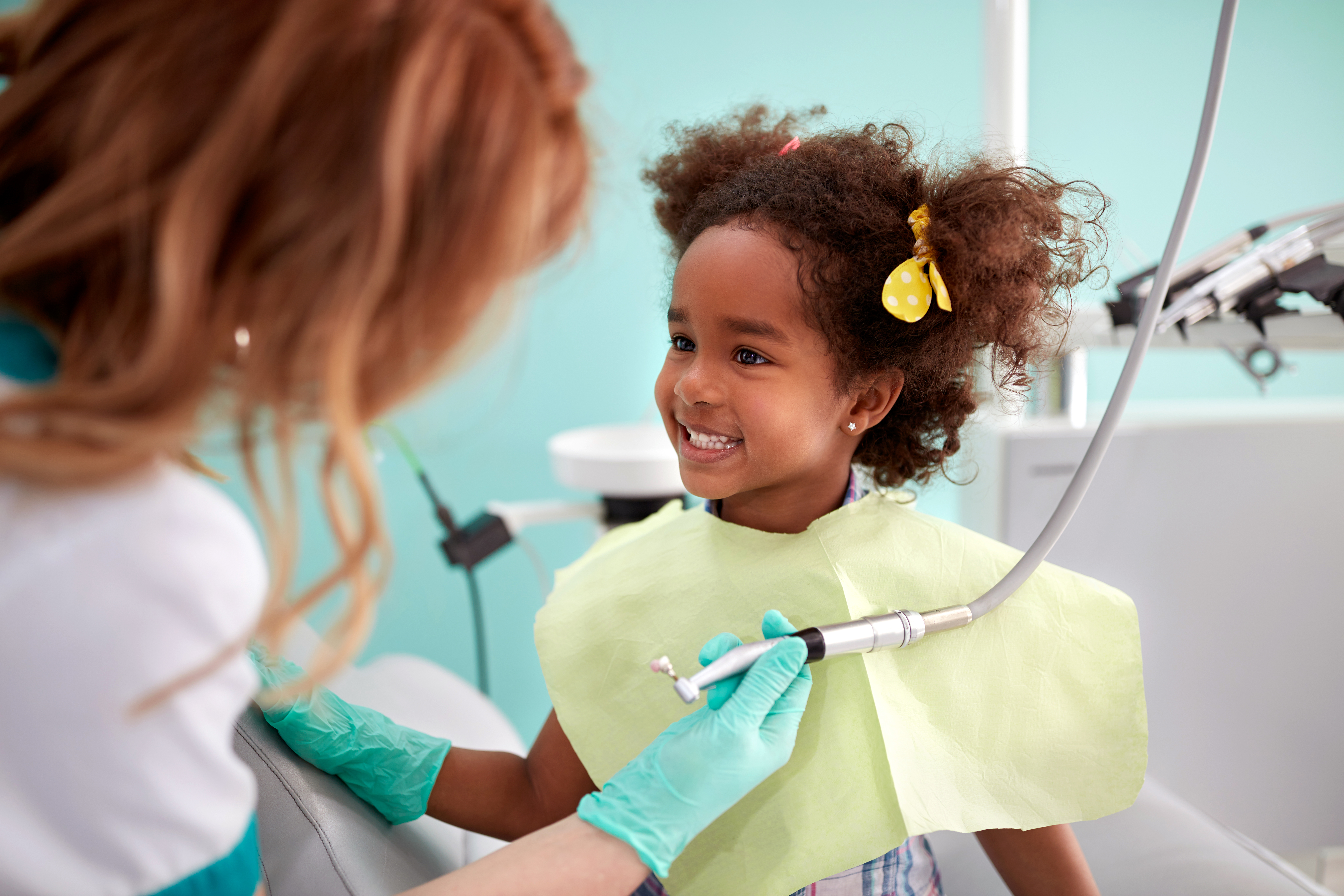
May 8, 2024
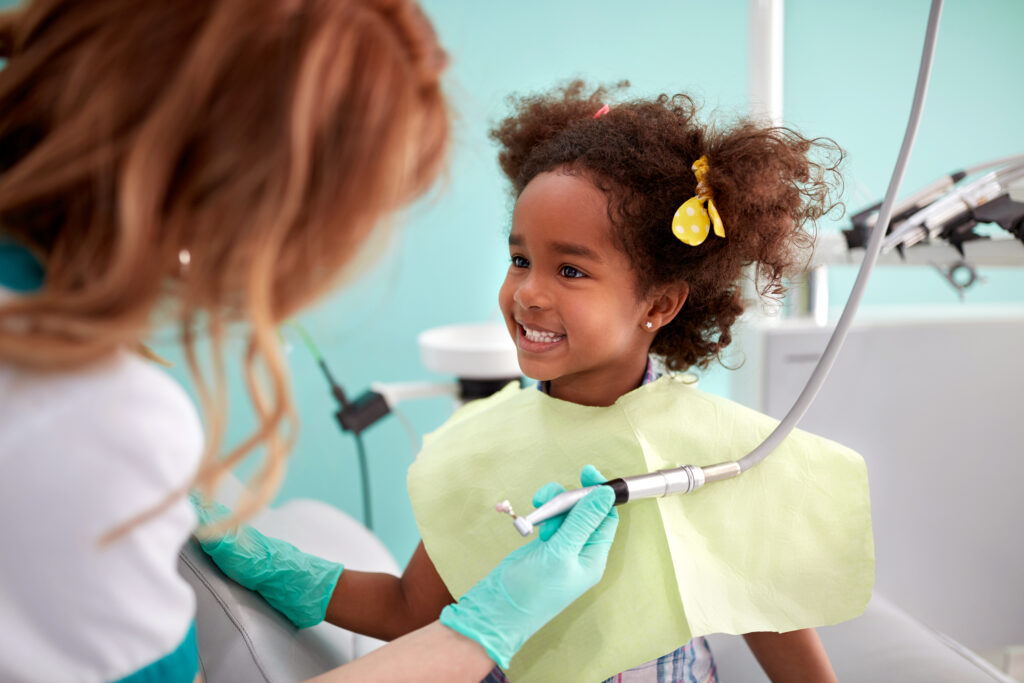
Watching your child grow up is an incredible journey filled with many milestones, one of which is the inevitable loss of baby teeth. As a parent, it’s essential to know how to navigate this stage of your child’s development with care and confidence. If you’ve never helped a child deal with loose teeth, there are several things you can do to ensure this process goes as smoothly as possible.
At Mountain View Dental, we understand how exciting this time in your child’s life can be. Losing a baby tooth can be a fun part of growing up. However, for some children, it can be intimidating. If you want to learn more about what you should do to help your child when they have loose teeth, keep reading to see what our team recommends.
While there is no exact age by which you should expect your child’s baby teeth to come in, you should begin to expect them to come in by about six months old. The first teeth to emerge will likely be their two central lower incisors. Then, their upper central incisors and lateral lower incisors will come in. By the time your child is about 18 months old, they should have their first molars. There are a few symptoms you may notice when your child begins teething. These symptoms include:
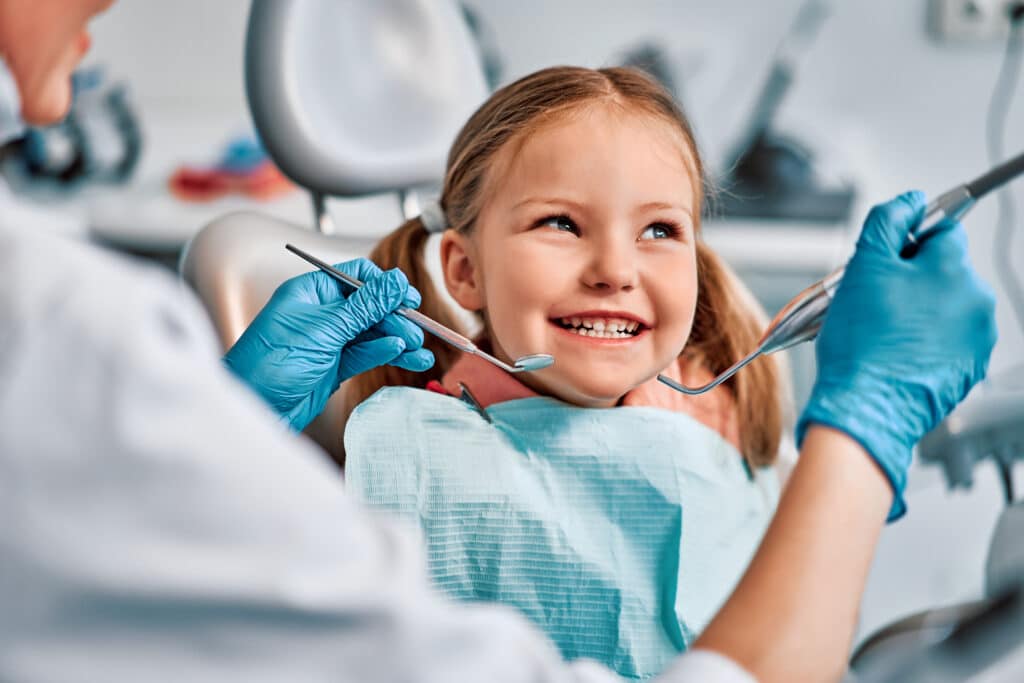
Much like when their baby teeth come in, there isn’t any strict schedule for your child’s first tooth loss. However, they will likely lose their first baby tooth between 6 and 8 years old. Some children will lose their first baby tooth as early as 4 years old. By the time your child turns 12, they will likely have lost all of their baby teeth.
If your child’s baby teeth haven’t fallen out by the time their adult teeth begin to come in, you may want to take them to the dentist for an exam. Failing to address baby teeth that are in the way of adult teeth may result in overcrowded or misaligned teeth. However, some baby teeth will not fall out if there is no adult tooth to replace them.
During your child’s dental exam, the dentist may recommend X-rays to determine if there are adult teeth that need to be replaced. Then, the dentist may begin to discuss dental extractions and orthodontic treatments to help remedy any misalignments or overcrowding.
While loose teeth can be really exciting for you and your child, there are several things you should do to ensure the loss of this tooth goes as smoothly as possible. These include:
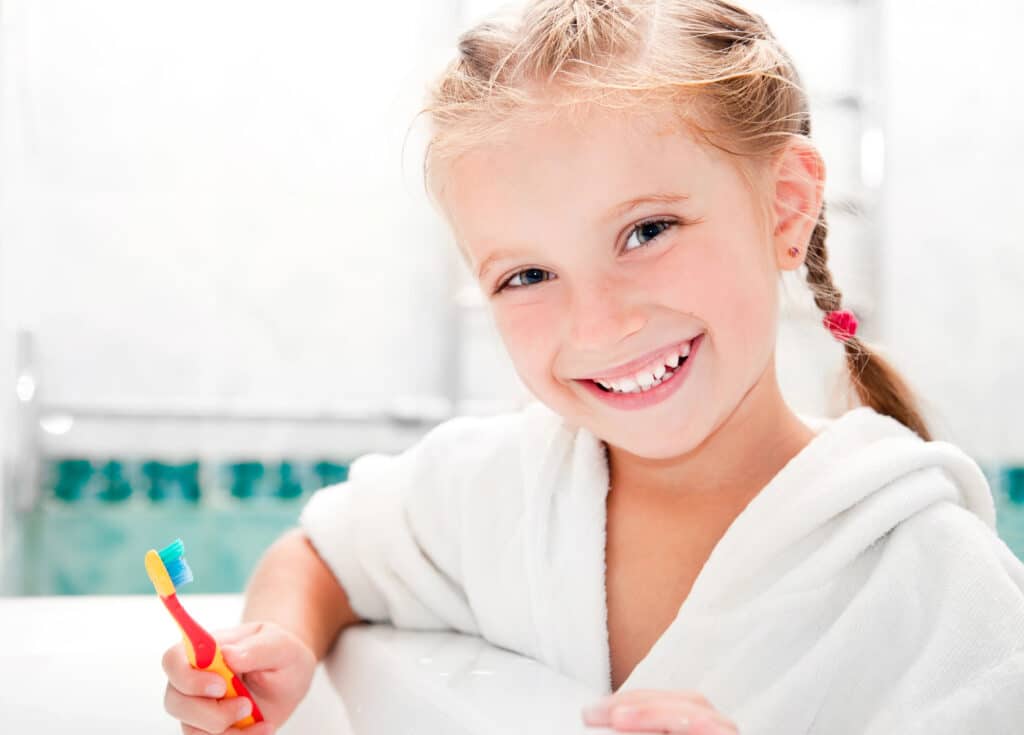
If you have any concerns about your child’s loose teeth or they are experiencing extreme discomfort, it is best to reach out to a trusted dental team for support. They can assess your child’s mouth and determine if there are any complications.
Once loose teeth have come out, it is important that you take good care of your child’s mouth while the adult tooth comes in. Some of the best ways to care for their mouth after losing their tooth include:
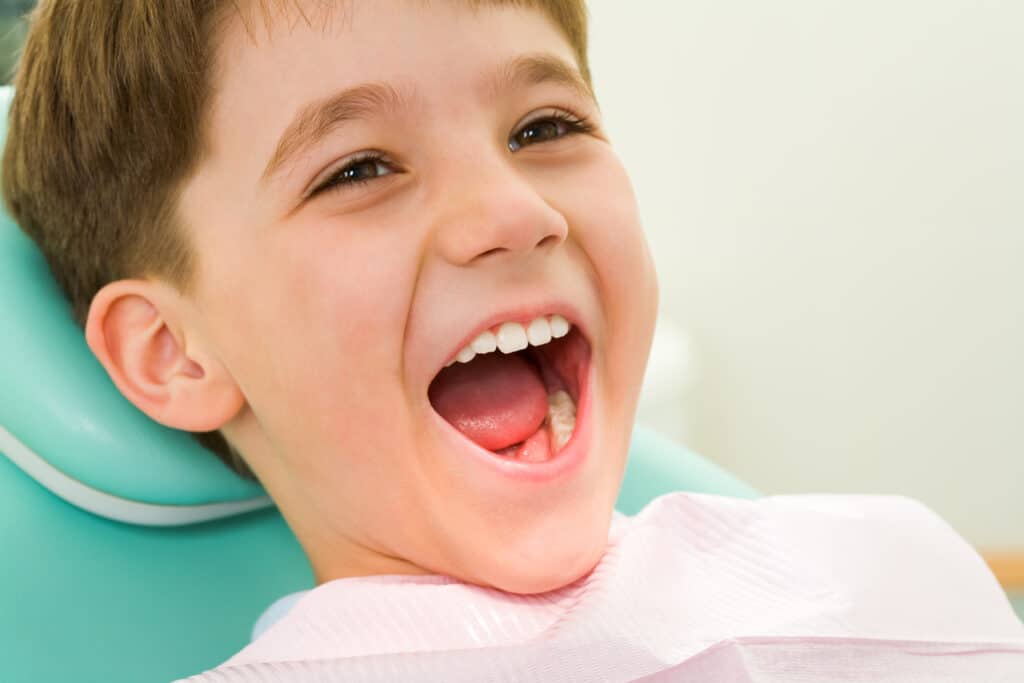
Whether your child has loose teeth or you are trying to start their oral health journey off on the right foot, our team at Mountain View Dental is here to help you do that. Since 2011, we have been providing families with comprehensive and reliable dental care to help them meet their oral goals and achieve their dream smile. Whether you’re looking for reliable cosmetic dentistry, dental fillings, or exams, our team is here to help. If you would like to schedule an appointment with our team or you have questions about your child’s loose teeth, contact our team today.
2797 U.S. 89 #201
Pleasant View, UT 84414
| Monday | 8 AM - 5 PM |
|---|---|
| Tuesday | 8 AM - 7 PM |
| Wednesday | 8 AM - 7 PM |
| Thursday | 8 AM - 7 PM |
| Friday | 8 AM - 3 PM |
| Saturday | 8 AM - 12 PM |
| Sunday | Closed |
Proudly accepting new patients from: Pleasant View, North Ogden, Harrisville, Farr West, Marriott-Slaterville, Ogden, Plain City, South Willard, Willard and Perry!
© 2025 | Mountain View Dental | All Rights Reserved | Accessibility | Anti-Discrimination | Healthcare Disclaimer | HIPAA Privacy Policy | Privacy Policy | Terms | XML Sitemap | Sitemap | Site by PDM
